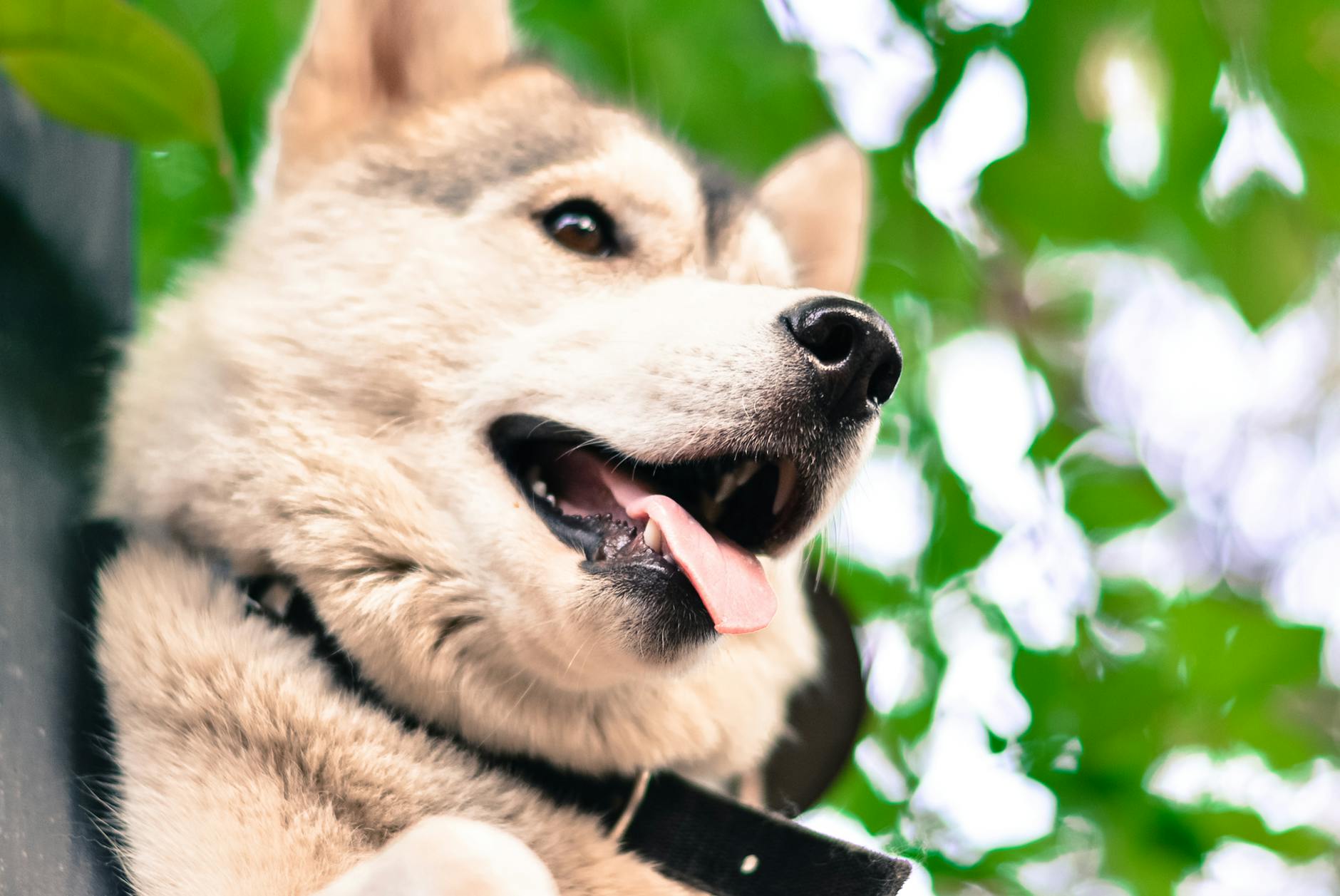EZ Guide: House Train Your Old Doggo

As our beloved canine companions enter their golden years, some may require a refresher course or even initial instruction when it comes to house training. Senior dogs might have accidents indoors due to several factors, including decreased mobility, incontinence, or simply because they never fully mastered the concept when they were younger. But fret not! With patience and the right approach, you can teach an old dog new tricks. This EZ Guide will help you house-train your senior dog with ease, ensuring peace of mind and a clean, odor-free home.
Understanding Your Senior Dog
It's essential to understand the physical and mental limitations that age brings. Senior dogs may have weakened senses and slower cognitive functions, so be patient and maintain realistic expectations.
Health Check-Up First
Before starting the training, visit your vet to rule out any underlying medical conditions that might be causing house-soiling problems, such as urinary tract infections, or conditions related to aging such as canine cognitive dysfunction.
Establish a Routine
Older dogs benefit from consistency. Establish a regular feeding schedule and take your dog out at the same times every day, especially after meals and before bedtime.
Choose the Right Spot
Pick a specific spot outside for your dog to do their business. Consistently taking them to the same place will help them associate that spot with going to the bathroom.
Positive Reinforcements
Use positive reinforcement when your dog successfully goes outside. Praise them enthusiastically and consider offering a treat as a reward. Remember to keep the treats healthy and in moderation.
Manage the Indoor Environment
To prevent accidents, limit your dog's access to the house when you’re not able to supervise them. Use baby gates or close doors to confine them to an easy-to-clean area.
Use Training Tools
Consider using products like potty pads or indoor dog toilets for dogs that struggle to hold them or have mobility issues that prevent quick access to the outdoors.
Accidents Happen
If your senior dog has an accident, clean it up thoroughly to prevent repeat offenses. Use an enzymatic cleaner to eliminate odors that might attract them back to the spot.
Be Patient and Consistent
Older dogs may take longer to learn or change their habits, so patience and consistency are key. Never punish your dog for accidents, as this can lead to anxiety and confusion.
Seek Help if Needed
If you're struggling to house-train your senior dog, don't hesitate to consult with a professional dog trainer or behaviorist for tailored advice and guidance.
By following this straightforward EZ guide, you'll be on your way to having a well-mannered senior pooch who understands the house rules. Remember, it’s never too late to train an old dog, and with love, patience, and consistency, you can strengthen the bond with your furry friend and enjoy their twilight years to the fullest.
Conclusion
Training a senior dog may require some adjustments and adaptations compared to training a younger dog, but the process is just as rewarding. Show your doggo some love and dedication, and you two will navigate this chapter with success and a newfound respect for one another.
With time, patience, and a tailored approach, you can make a significant positive impact on your senior dog's quality of life. As you embark on this journey, remember that the effort you put into training not only benefits your dog's behavior but also deepens the connection between you. Embrace the challenges as opportunities to create lasting memories, knowing that the love and care you invest will ensure your furry friend’s golden years are filled with comfort, happiness, and mutual understanding.